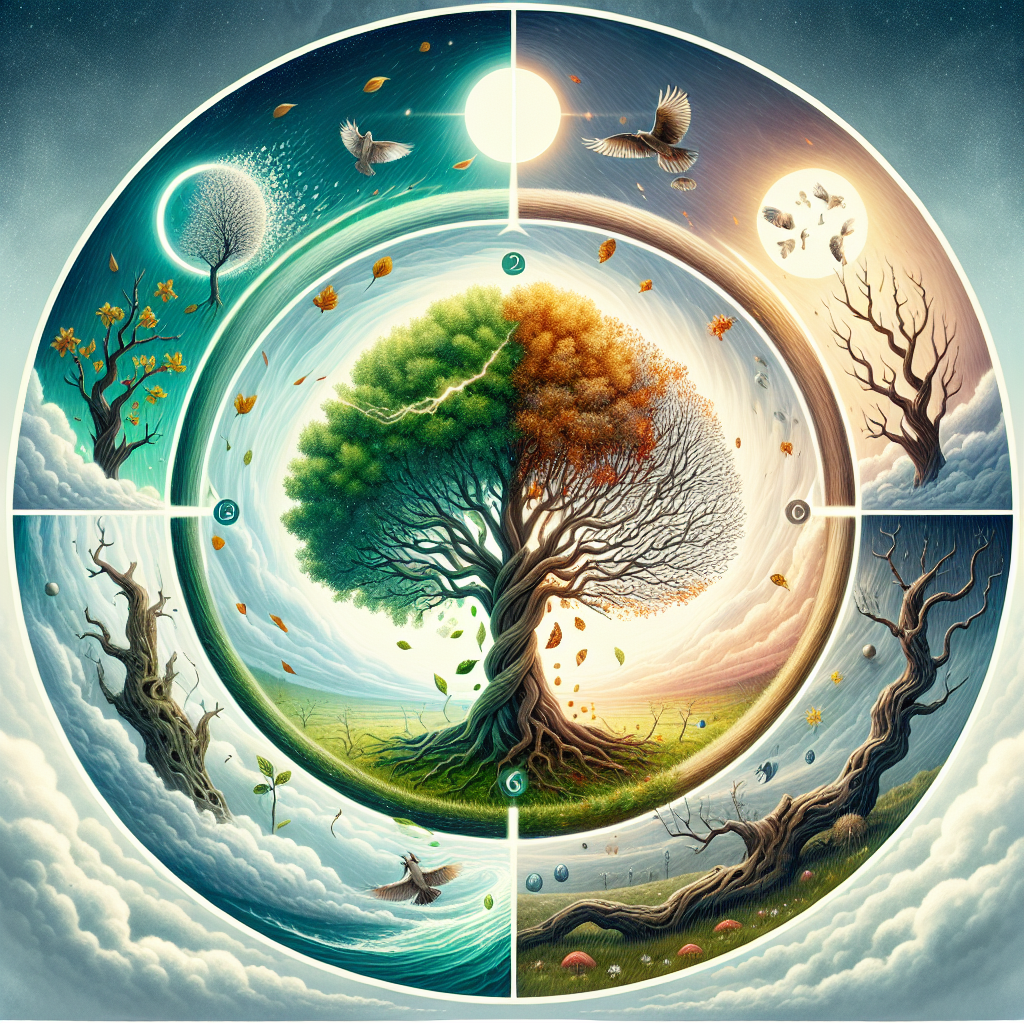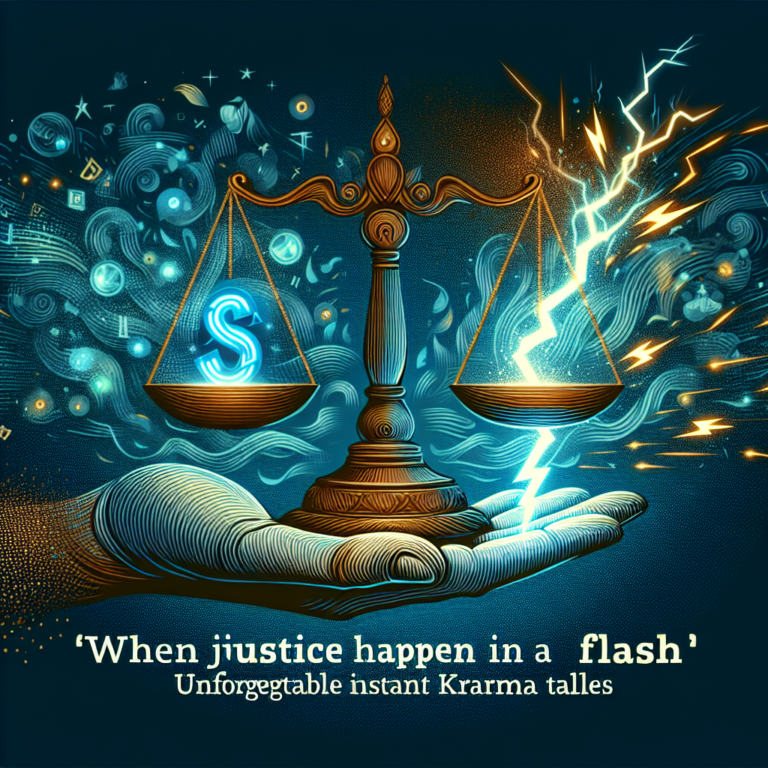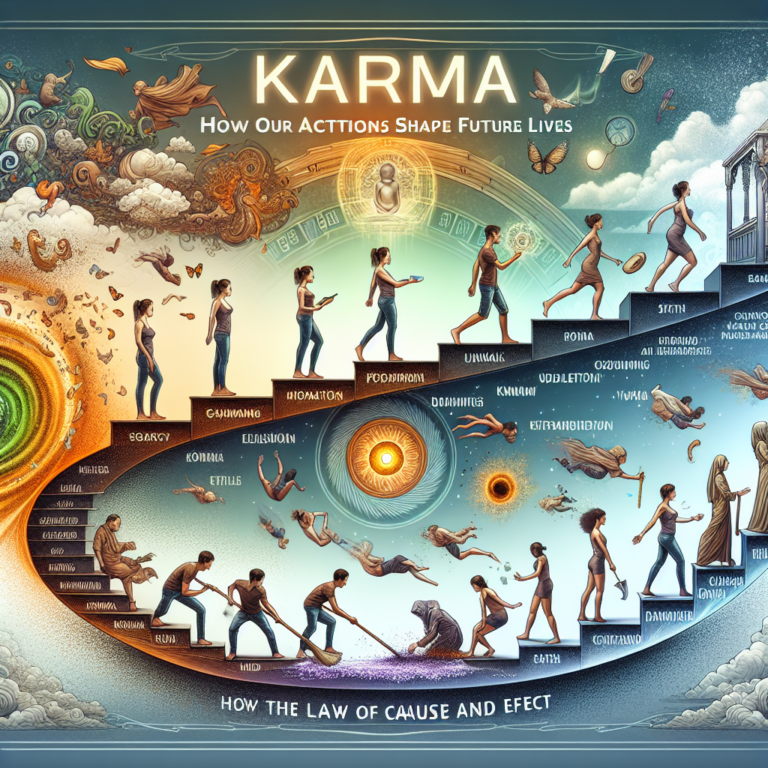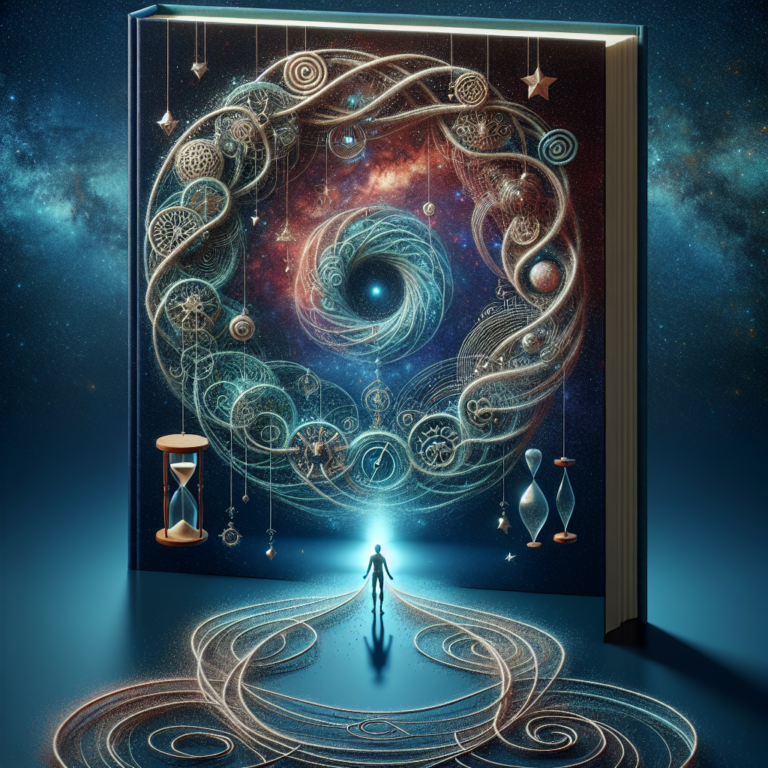Reincarnation is a fascinating concept that has intrigued humanity for centuries. It is often understood as the belief that the soul or spirit, after biological death, begins a new life in a new body. This idea is deeply entrenched in various religious and philosophical traditions, and offers compelling answers to some of life’s most profound questions: What happens after death? Is our existence merely a single lifetime, or do we journey through multiple lives? In this article, we will explore the concept of reincarnation, its historical significance, its implications for our understanding of life and death, and its impact on the way we live our lives.
The Historical Context of Reincarnation
Reincarnation, or the rebirth of the soul, is most prominently featured in Eastern religions such as Hinduism, Buddhism, Jainism, and Sikhism. In Hinduism, the cycle of birth, death, and rebirth is known as samsara, and it is believed that the soul transmigrates to different bodies based on karma—the sum of a person’s actions in previous lives. Good deeds lead to better circumstances in subsequent lives, while bad actions might lead to suffering.
Buddhism also embraces the concept of reincarnation but emphasizes the impermanence of existence. In Buddhist teachings, the "self" is an illusion, and instead of a permanent soul, there is a continuous stream of consciousness that evolves through various lifetimes. This perspective provides a broader understanding of suffering and compassion, as individuals recognize their interconnectedness with others across lifetimes.
In contrast, Western religious traditions, such as Christianity and Islam, generally reject the notion of reincarnation in favor of a linear understanding of life and afterlife where the soul faces judgment and either eternal paradise or condemnation. However, there are esoteric Christian sects and Gnostic traditions that hint at reincarnation-like beliefs, showcasing that the idea spans diverse cultures and belief systems.
Reincarnation and Karma
Central to the concept of reincarnation is karma, the moral law of cause and effect. This principle posits that every action has consequences, which ripple through time and affect the soul’s future lifetimes. Positive actions yield beneficial results, while negative actions can lead to suffering. This interrelationship between karma and reincarnation provides individuals with a framework for understanding their circumstances in life. It also instills a sense of responsibility over one’s actions, propelling them to cultivate virtues and contribute positively to the world.
For instance, in Hinduism, the pursuit of dharma (moral duty) plays a critical role in one’s karma. By living righteously, a person not only improves their current life but also ensures better conditions in future incarnations. This cyclical belief system encourages a continuous strive for self-improvement and spiritual development, placing the onus on individuals to shape their destinies.
The Psychological Implications of Reincarnation
Reincarnation offers profound psychological insights. The belief in multiple lifetimes can provide comfort in the face of fear around death, alleviating existential anxieties by illustrating that life is a continuum rather than a finite event. It encourages a broader perspective on personal failures, losses, and challenges. Instead of viewing hardships as tragic ends, they become opportunities for growth and learning experienced over numerous lifetimes. This can lead to a more resilient mindset and the capacity for forgiveness—for oneself and for others.
Moreover, the notion of reincarnation promotes introspection. Individuals may engage in self-reflection regarding their actions and motivations, leading to personal growth and transformation. The idea that our past choices shape our present circumstances can encourage responsibility and purpose, fostering a drive to live meaningfully.
Cultural Expressions of Reincarnation
The belief in reincarnation has filtered into art, literature, and popular culture throughout history. In literature, stories that explore reincarnation often delve into themes of love, fate, and redemption—highlighting connections that transcend lifetimes. Classic novels, such as Emily Brontë’s Wuthering Heights, and more contemporary narratives like Cloud Atlas by David Mitchell, weave intricate tales that illustrate the cyclical nature of existence.
In film and television, reincarnation provides plot devices that explore character evolution and moral lessons. Films like The Fountain and About Time tackle the complexity of love and the desire for connection through the lens of different lifetimes, enticing audiences to reflect on their own lives and choices.
Modern Perspectives on Reincarnation
In recent decades, interest in reincarnation has surged, particularly in the context of spiritual exploration and personal development. Many individuals find resonance with these ancient beliefs, often blending them with modern psychological theories. Books and workshops about past life regression have gained popularity, offering insights into one’s previous existences as a means of healing trauma or understanding current life challenges.
Furthermore, some scientific studies claim to explore the phenomenon of reincarnation, spotlighting cases where children recount memories of past lives. While mainstream science remains skeptical, these stories have galvanized interest in understanding consciousness and the nature of reality.
Conclusion
Reincarnation is a multi-faceted concept that resonates across cultures and historical epochs. More than just a belief about life after death, it invites individuals to reflect on their actions and fosters personal responsibility as they navigate the complexities of existence. As we ponder the mysteries of life and death, reincarnation provides a lens through which we can view our experiences as part of a larger, interconnected journey. Whether one believes in a cyclical or linear understanding of existence, the essence of reincarnation reminds us of the potential for transformation, growth, and new beginnings.
FAQs about Reincarnation
Q1: Is reincarnation a scientific fact?
A1: Reincarnation is a belief, not a scientifically proven fact. While some researchers and practitioners report case studies of people recalling past lives, mainstream science generally considers it unproven and often relies on psychological explanations.
Q2: Do all religions believe in reincarnation?
A2: No, not all religions believe in reincarnation. It is chiefly associated with Eastern religions like Hinduism, Buddhism, Jainism, and Sikhism. Most Western religions, such as Christianity and Islam, have alternative narratives about life after death.
Q3: How can I explore my past lives?
A3: Many people seek past life regression therapy with trained practitioners, or they explore spiritual practices such as meditation and visualization to facilitate connections with prior existences.
Q4: What role does karma play in reincarnation?
A4: Karma is the principle that dictates the moral consequences of actions taken in previous lives, affecting the circumstances of future reincarnations. Good actions result in positive outcomes, while negative actions may lead to suffering.
Q5: Can reincarnation influence how we live our current lives?
A5: Yes, belief in reincarnation can inspire individuals to lead more conscientious lives. Understanding that one’s actions impact future existences may motivate a person to strive for kindness, compassion, and moral integrity in their current life.
It seems you’ve entered “Prompt” without further context. Could you please provide more details or clarify what you’re looking for? Whether it’s a writing prompt, a question, or something else entirely, I’m here to help!, #Reincarnation #Cycle #Life #Death #Beginnings, #Reincarnation #Cycle #Life #Death #Beginnings, 1736401928, reincarnation-the-cycle-of-life-death-and-new-beginnings





